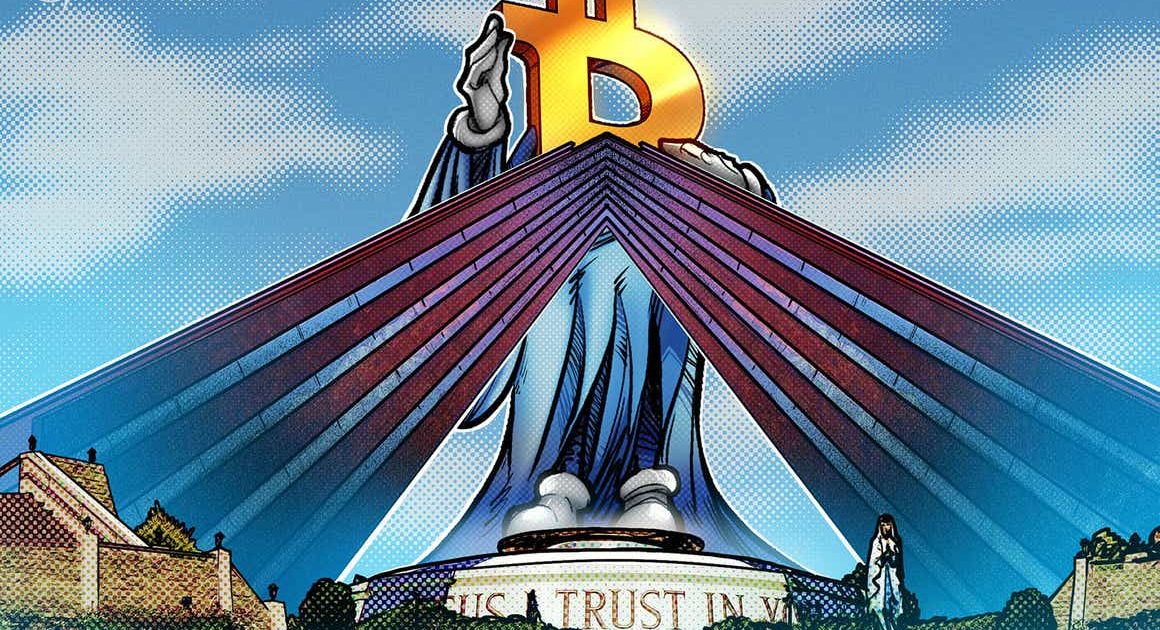A bipartisan group of senators introduced legislation in the U.S. Senate which seeks to mitigate perceived risks posed by El Salvador’s adoption of Bitcoin as a legal currency.
The proposed Accountability for Cryptocurrency in El Salvador Act (ACES) aims to “mitigate potential risks to the U.S. financial system” such as money laundering and terrorism funding.
The bill was introduced by Republican Senators Jim Risch and Bill Cassidy with Democratic Senator Bob Menendez signing on. Senator Risch wrote in the Feb. 16 announcement that:
“El Salvador’s adoption of Bitcoin as legal tender raises significant concerns about the economic stability and financial integrity of a vulnerable U.S. trading partner in Central America.”
Senator Cassidy wrote that “recognizing Bitcoin as official currency opens the door for money laundering cartels and undermines U.S. interests.”
If the bill passes, it would give Federal agencies 60 days to submit a report that assesses several aspects of the Central American nation’s abilities regarding cybersecurity and financial stability.
The first part of the report would assess how El Salvador developed and enacted the Bitcoin Law, how El Salvador will “mitigate the financial integrity and cyber security risks” from virtual assets, whether it meets Financial Action Task Force (FATF) requirements, the impact on individuals and businesses, and the effect crypto will have on its economy.
The next part of the report would describe El Salvador’s internet infrastructure and assess “the degree to which cryptocurrency is used” there, custody of funds and the potential for hacks, and the rate of financial access underprivileged or unbanked El Salvadorans enjoy.
Following the issuance of these reports, the bill would stipulate action plans from various agencies based on the findings.
El Salvador’s President Nayib Bukele reacted against the perceived interference in his country, tweeting “You have 0 jurisdiction on a sovereign and independent nation. We are not your colony, your back yard, or your front yard.”
OK boomers…
You have 0 jurisdiction on a sovereign and independent nation.
We are not your colony, your back yard or your front yard.
Stay out of our internal affairs.
Don’t try to control something you can’t control
https://t.co/pkejw6dtYn— Nayib Bukele (@nayibbukele) February 16, 2022
El Salvador’s government passed the Bitcoin Law in June 2021. This made Bitcoin (BTC) a legal currency in the country, forcing businesses to accept it as a means of payment.
Related: What’s shaping the future of the institutional crypto market?
The law has seen some opposition from domestic lawmakers and the IMF, which urged President Bukele to repeal the Bitcoin Law numerous times, most recently on Jan. 25. It has, of course, been praised by proponents of the world’s largest crypto by market cap.




